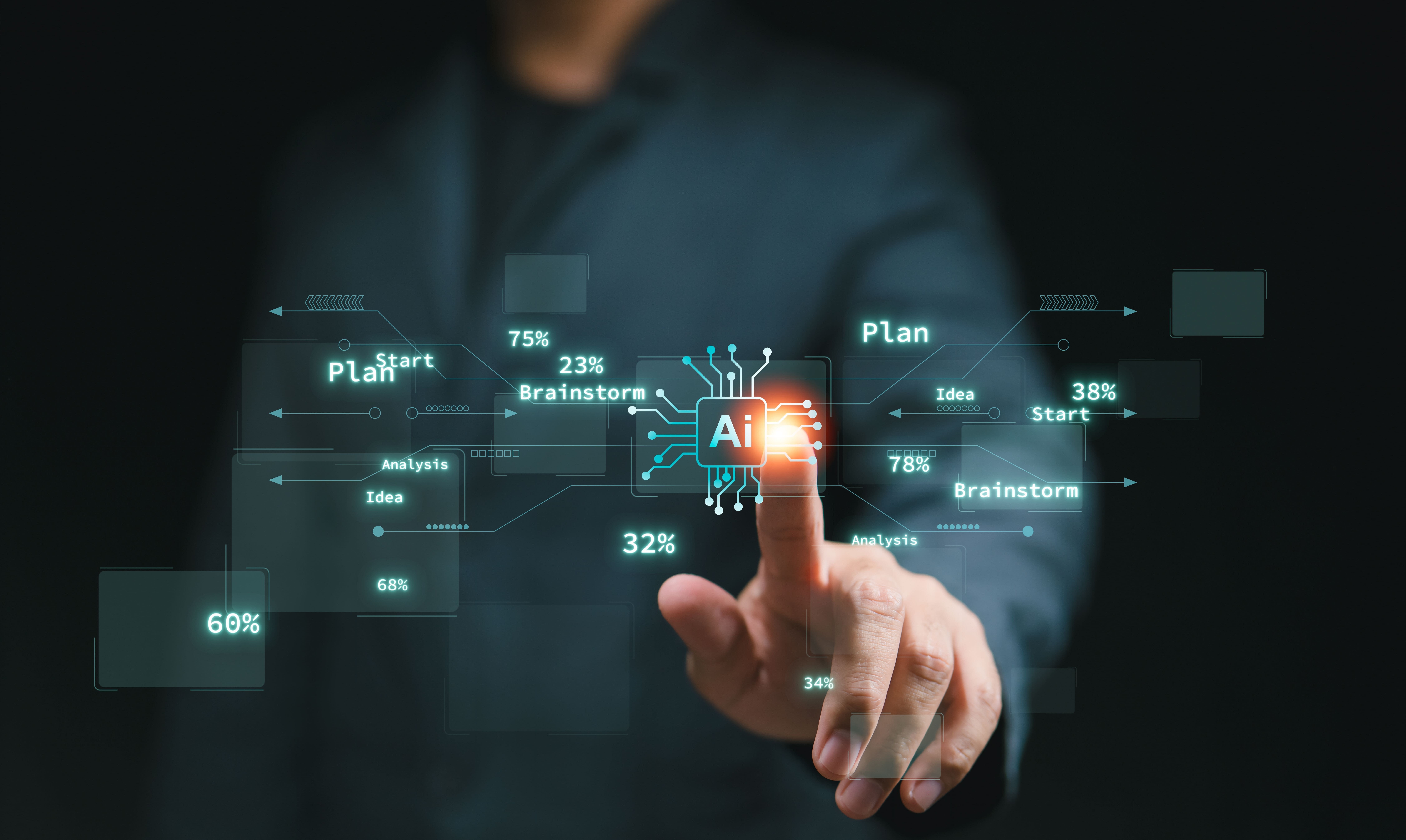Key Data Science Skills
Data science skills encompass a blend of programming, statistical analysis, and machine learning expertise, empowering professionals to extract valuable insights from complex datasets.
- Programming Languages
- Statistical Analysis
- Machine Learning
- Data Visualization
- Data Wrangling
- Big Data Tools
- Domain Knowledge
- Problem-Solving
Exploring Data Science - Unlocking Insights
Dive into the dynamic world of data science, where statistical analysis, machine learning, and domain expertise converge to reveal actionable insights from complex datasets.

Skills and Expertise
Gain proficiency in programming languages like Python and R, statistical analysis, machine learning algorithms, data visualization techniques, and domain-specific knowledge to excel as a data scientist.
Enhance your skills
Responsibilities and Role
Dive into the core responsibilities of a data scientist, including data collection, cleaning, analysis, model development, and deployment, to drive informed decision-making and solve real-world problems.
Empower Your Role
Applications Across Industries
Discover how data science is transforming various industries such as finance, healthcare, e-commerce, technology, and transportation, through predictive analytics, personalized recommendations, and process optimization.
Register Now
Career Paths and Opportunities
Explore diverse career paths in data science, from data analysts to senior data scientists, data science managers, and beyond, and learn about opportunities for continuous learning and professional growth in this rapidly evolving field.
Elevate Your CareerCore Responsibilities of a Data Scientist
Core duties and obligations expected from a data scientist in various industries.

Data Collection
Gathering data from various sources such as databases, APIs, and web scraping.

Data Cleaning
Preprocessing and cleaning data to remove errors, inconsistencies, and missing values.

Data Analysis
Applying statistical techniques and machine learning algorithms to analyze data and extract actionable insights.

Model Development
Building predictive models and algorithms to solve business problems and optimize processes.

Data Visualization
Creating visualizations and dashboards to communicate findings and insights effectively.

Deployment
Deploying machine learning models into production environments for real-time decision-making.
Frequently Asked Questions
A data scientist is a professional who uses various techniques and methodologies to analyze and interpret complex data sets, deriving actionable insights to solve business problems and drive decision-making.
Data scientists typically possess skills in programming languages (such as Python, R, or SQL), statistical analysis, machine learning, data visualization, and domain expertise in the industry they work in.
Data scientists work across various industries, including finance, healthcare, e-commerce, technology, transportation, and more. They play a crucial role in analyzing data to improve processes, drive innovation, and gain a competitive edge.
Data scientists use a variety of tools and technologies, including programming languages like Python and R, libraries such as Pandas and Scikit-learn, data visualization tools like Matplotlib and Tableau, and big data frameworks like Hadoop and Spark.
Career paths for data scientists vary depending on their interests and experiences. They may start as data analysts or junior data scientists and progress to roles such as senior data scientist, data science manager, or even Chief Data Officer in larger organizations.
Data scientists use big data technologies such as Hadoop, Spark, and NoSQL databases to handle and analyze large volumes of data. They employ techniques like distributed computing and parallel processing to efficiently process and extract insights from big data sets.
While both data scientists and data analysts work with data, data scientists typically have a stronger background in advanced mathematics, statistical analysis, and machine learning. They are responsible for developing predictive models, whereas data analysts focus more on descriptive analysis and data visualization.
Embark with Enrollment!
Ready to Dive into Data Science ?
Our comprehensive resources and training programs await, empowering you to excel in this dynamic field.



 +44 2476 98 2080
+44 2476 98 2080

